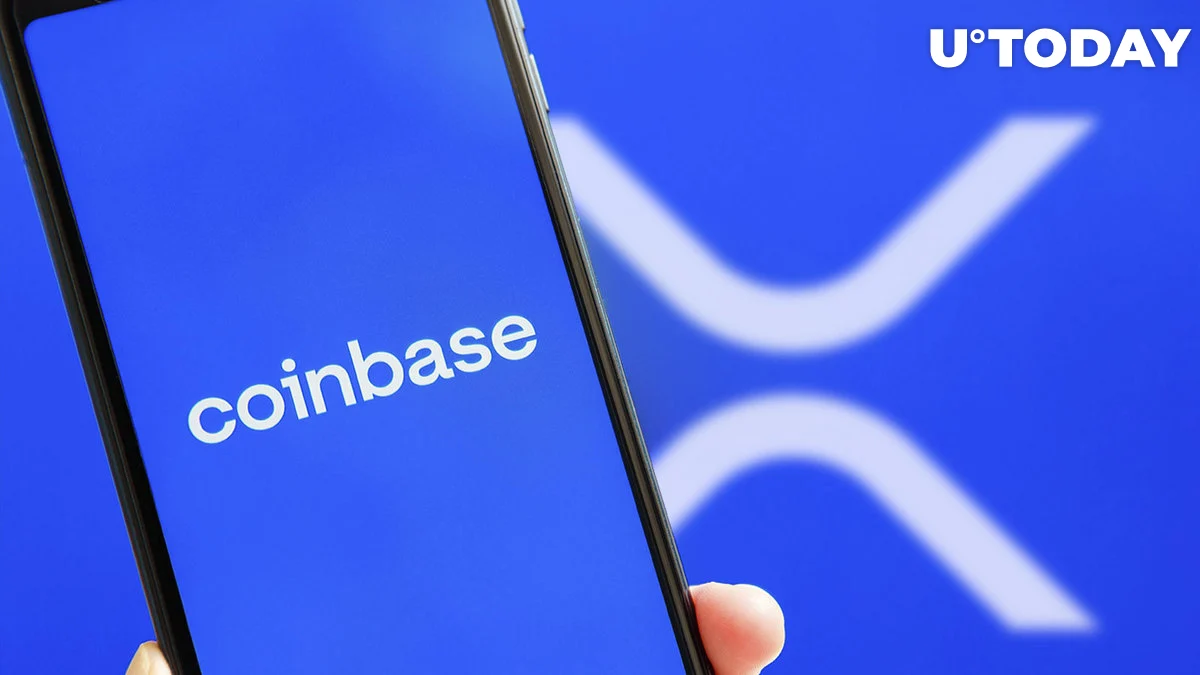
The fact that the Coinbase cryptocurrency exchange delisted or stopped allowing the trading of XRP, in the opinion of XRP supporter and Australian-based attorney Bill Morgan, may harm the exchange’s fair notice defence against an SEC action.
In the previous week, Coinbase officially replied to an SEC Wells notice. The manner SEC staff notifies a corporation that they are urging the SEC to pursue enforcement action for potential securities law breaches is through a Wells notice.
Morgan notes that, in its Wells notification response, Coinbase states that, in the event of litigation, it would use the fair notice defence. He continues, saying that Ripple’s fair notice defence is footnoted and that Coinbase claims to have a better fair notice defence than the other defendants.
Despite the fact that this looks to be a positive development, Morgan asserts that Coinbase is in trouble since it delisted XRP in January 2021, just after the SEC v. Ripple complaint was filed. This may have implied that Coinbase had thought about it and chosen to discontinue trading XRP.
He thinks that this alerts Coinbase to the possibility that securities may have been included in the listing process. Morgan believes that instead of delisting any tokens, Coinbase should have maintained its stance that it does not list securities.
It should have contended that the SEC was only prosecuting Ripple for its sales and that no secondary market transactions on its exchange constituted the sale of securities.
However, according to Morgan, Coinbase’s fair notice defence after January 2021 won’t be any more effective than Ripple’s was in December 2020, when the latter was being sued. He emphasises that, in retrospect, delisting XRP was a tactical error.
Morgan believed that Coinbase’s fair notice defence had better odds and was equivalent to Ripple’s before January 2021, when it delisted XRP.
In this context, the Wells notice answer raised an important issue. The SEC reportedly warned Coinbase on December 7, 2020 that there was ambiguity surrounding the classification of cryptos (apart from Ether and Bitcoin) as securities. “Ripple could have relied on this evidence,” he writes, “but I’m not sure it did.”
Morgan believes it is still important because Coinbase was alerted on December 7, 2020, just a few weeks before Ripple was sued, that there was uncertainty regarding the cryptocurrencies they offered, including XRP.


















